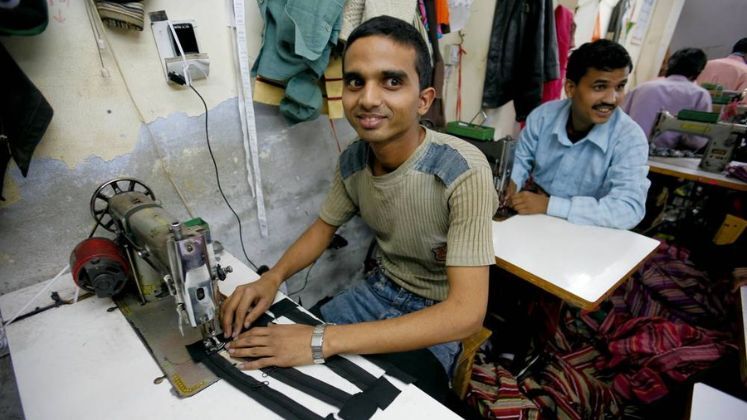Medium Enterprises (ME) have severe credit access issues, with the credit demand gap for the group expected to reach US $ 10 billion by 2024, according to a NITI Aayog research.
According to the report, there are no Government plans to address the working capital needs of medium-sized businesses, which account for only 0.3 per cent of all registered MSMEs yet account for roughly 40 per cent of MSME exports.
According to the research, MEs receive fewer priority sector loans than micro enterprises, while medium enterprises have a lending rate that is 4 per cent higher than large corporations.
To address the funding issue, NITI Aayog proposes a working capital financing program based on firm turnover, a Rs 5-crore (US $ 585,000) credit card facility at market rates, and expedited finance disbursement procedures through retail banks, all monitored by the Ministry of MSME.
The report highlights additional issues that medium-sized businesses confront, such as restricted adoption of modern technologies, insufficient R&D support, a lack of sectoral testing infrastructure, and a mismatch between training programs and industry demands.
According to the research, there are 18 initiatives for MSMEs, with just 8 for medium companies, which are entities that have invested between Rs 25 and 125 crore (US $ 2.92 million and US $ 14.62 million) in plant and machinery and have a revenue of Rs 100 to 500 crore (US $ 11.7 million to US $ 58.51 million).
The total budget allotted to these 18 initiatives is Rs. 5,442 crore (US $ 636 million), with 17.81 per cent of funding going to schemes available to MEs. According to the report, this area of the MSME suffers from a lack of innovation and access to trained personnel.
The report recommends the construction of a specialised sub-portal within the Udyam platform that includes scheme discovery tools, compliance support, and AI-based assistance to aid firms in properly managing resources.
The report underlines that harnessing the potential of medium-sized businesses necessitates a move towards inclusive policy formulation and collaborative governance.
Medium-sized businesses may become driving forces of innovation, employment, and export growth with strategic support in finance, technology, infrastructure, skilling, and information access.







